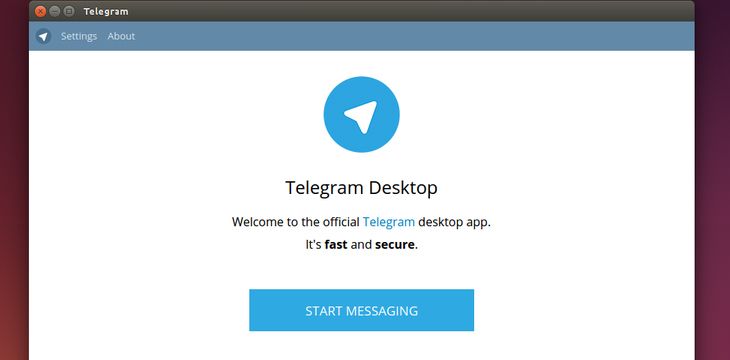|
Getting your Trinity Audio player ready...
|
Messaging platform Telegram is already on the defensive as it tries to fight off a lawsuit by the U.S. Securities and Exchange Commission (SEC). The battle centers on whether or not Telegram violated regulations when it offered its GRAM cryptocurrency as a means to gather funds for the Telegram Open Network (TON) blockchain, and the company has tried to counter each SEC blow as it strikes. The latest attack by the commission attempts to hit Telegram while it’s down, and accuses the company of trying to dance around regulations while offering a product comparable to donuts.
In the latest rebuttal on the part of the SEC, filed in court three days ago, the regulator asserts, “Telegram offered and sold Grams as securities when it promised to deliver them in exchange for funds pursuant to the Purchase Agreements. That reality will not have changed if the Court permits Telegram to deliver Grams to the Initial Purchasers as part of a broad public distribution, which is in violation of Section 5, and which the Court should enjoin.”
It further states that Telegram has done “a two-step around the registration provisions” and performed “slight of hand” antics through the fabrication of details surrounding investments in GRAMs and delivery of the tokens. It then added another dig, claiming, “Telegram’s attempt to avoid this economic truth by labelling Grams ‘commodities’ also fails. Grams are not commodities. Unlike gold, comic books, and Krispy Kreme donuts — commodities Telegram compares to Grams — Grams have no intrinsic value.”
The fight between the two stems from poorly worded language in the company’s initial sale of the tokens. It explained, “Once Telegram delivers the Grams to the Initial Purchasers, they will be able to resell billions of Grams on the open market to the investing public. Telegram and/or its affiliates will facilitate these sales on digital-asset trading platforms. Once these resales occur, Telegram will have completed its unregistered offering with billions of Grams trading on multiple platforms to a dispersed group of investors.”
Reselling the GRAMs, according to the SEC, violates Rule 506(c) of the SEC’s rulebook. Telegram has asserted that the company could not have control over what investors did with their holdings, including any potential resale, but the language of the offering appears to counter that statement. The two sides are scheduled to appear in court next month to continue the face-off as Telegram continues to try to find ways to beat the SEC’s continued jabs.
Recommended for you
British lawmakers of the parliamentary national security committee have called for a temporary ban on political parties receiving donations in
Circle (NASDAQ: CRCL) soared in 2025 thanks to U.S. ‘regulatory clarity,’ but can this momentum survive a ban on crypto

 02-27-2026
02-27-2026 




